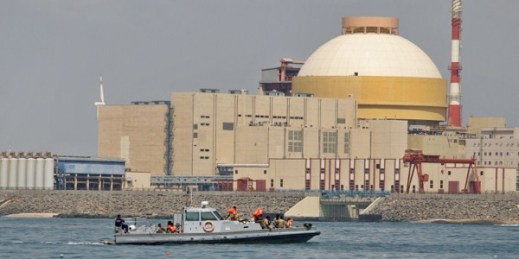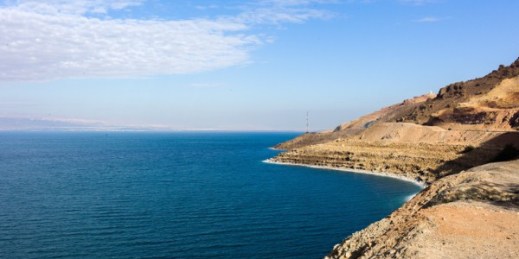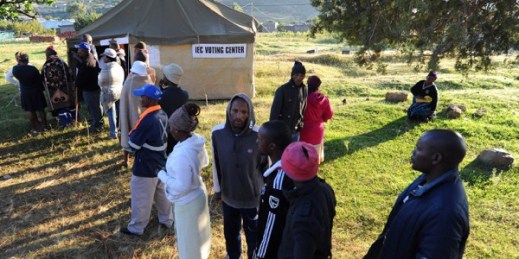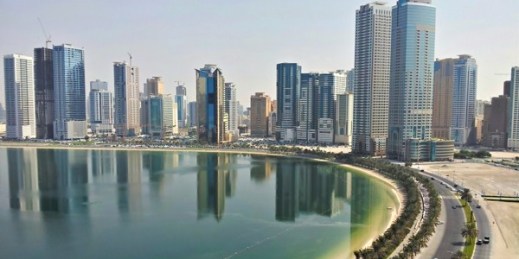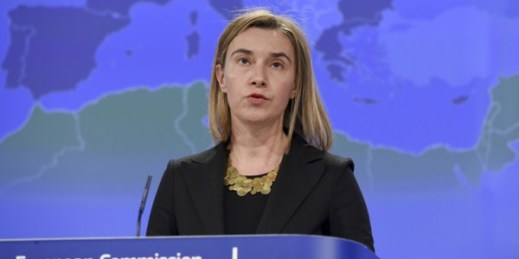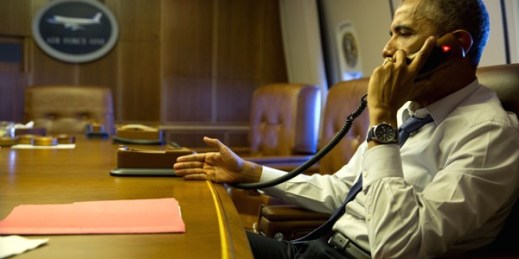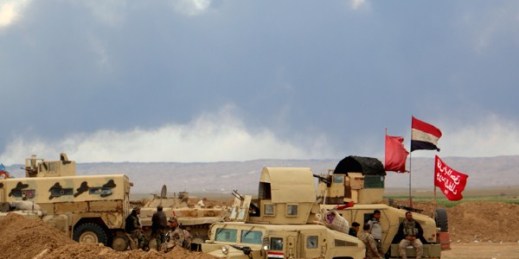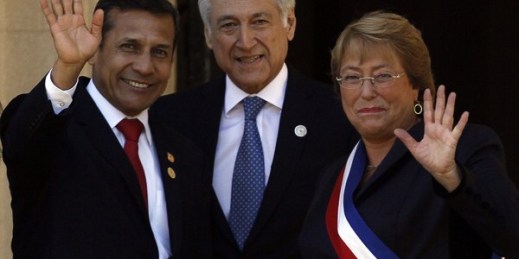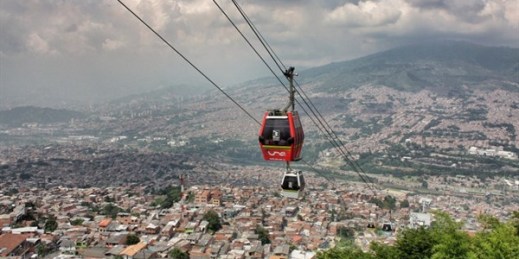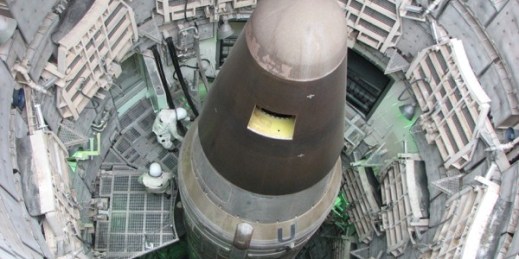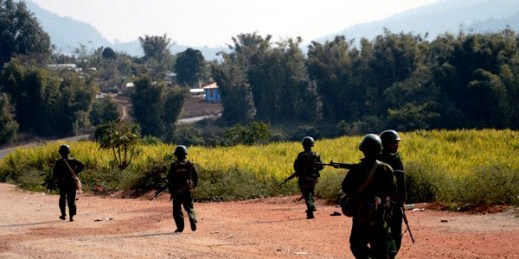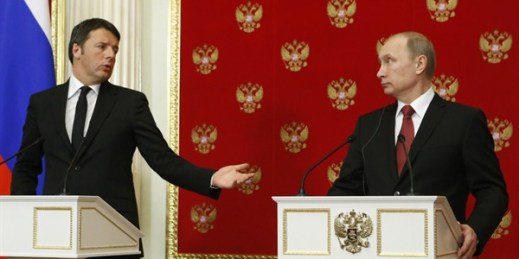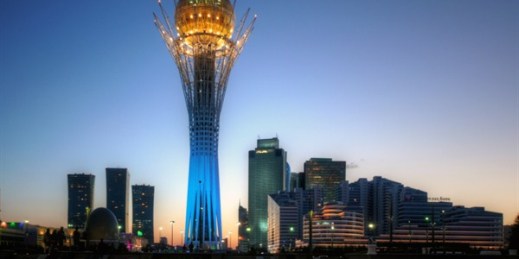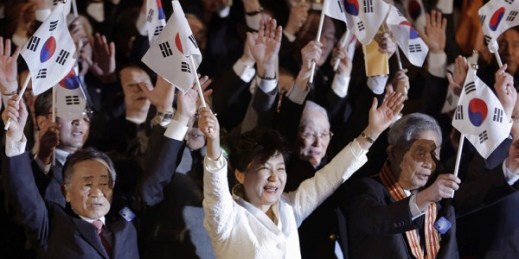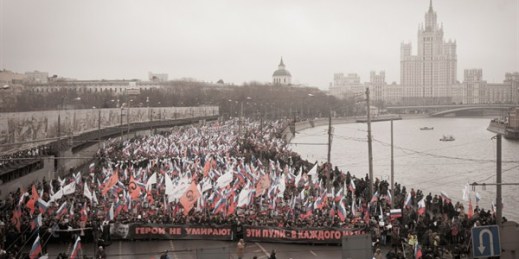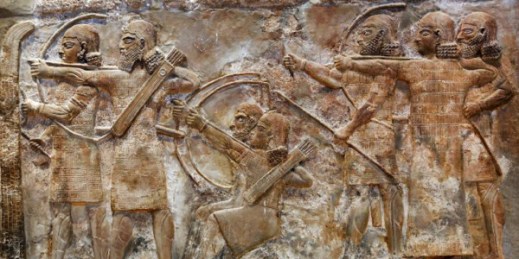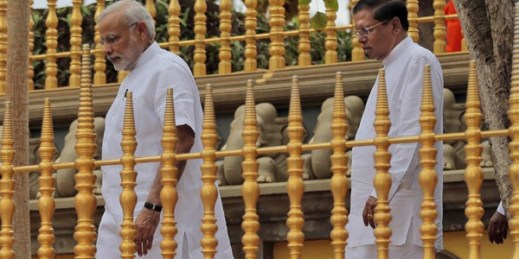
Last week was an auspicious time for Indian Prime Minister Narendra Modi to culminate his three-country tour around the Indian Ocean with the first visit by an Indian leader to Sri Lanka in three decades. Given the island nation’s shifting political landscape following the surprising defeat of its two-term president, Mahinda Rajapaksa, in early January, the milestone represented by Modi’s visit Friday and Saturday was further amplified by the trip’s geopolitical importance. Under Rajapaksa’s leadership, Sri Lanka ended a civil war that lasted nearly three decades. But his rule was plagued by corruption, nepotism, the centralization of power and increasingly […]

